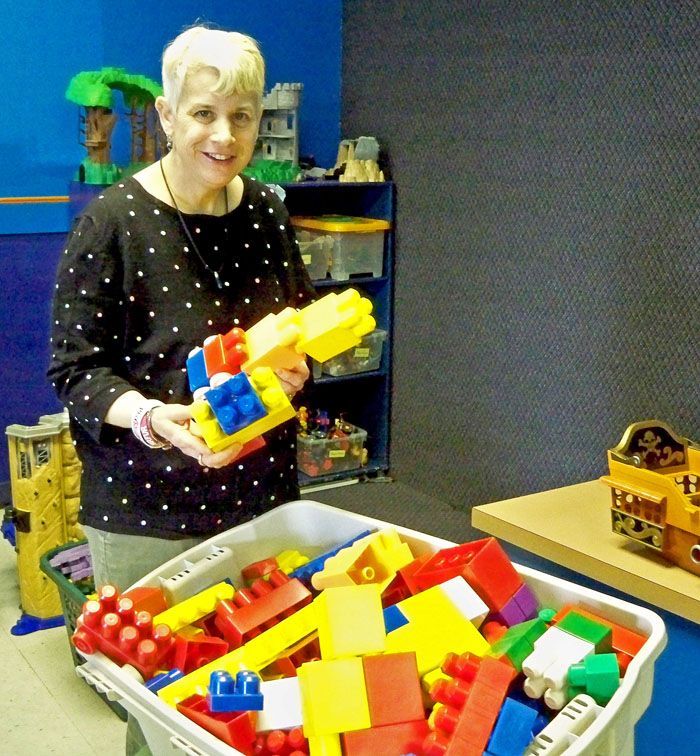Alison Pepper has overcome many roadblocks in her life. When she was born, illness affected the part of her brain that assists with the functions to speak, read and write.
As an adult, she worked hard to improve these skills with a speech language therapist and sought out a tutor through the Project Adult Literacy Society (PALS). Her literacy skills grew stronger and she contributed to a photo essay project called, the way in, published by Literacy Alberta.
When she faced another challenge, she turned to her family physician, Dr. Robert Bradstock, for help. She had been working at a daycare for 15 years and wanted to find out if her brain could handle a higher level of schooling so she would be able to advance in her career.
“I’m trying my hardest to see how my brain is doing what weakness I have, and what strategies I can use to improve my life,” says Alison.
Dr. Bradstock referred her to Sharon Pelletier, an Edmonton Southside Primary Care Network mental health coordinator, to assist with the process of accessing services for a brain assessment.
Sharon explains that a neurological assessment can be very expensive if it is not covered by health benefits, which Alison did not have.
“She was going to go through a private psychologist, but my concern was she was going to put out all of this money and not get the information or the results she was looking for. She basically just wanted to know what parts of her brain were working well and what parts weren’t,” Sharon adds.
Instead, she suggested that Alison access free resources through the University of Alberta’s Clinical Assessment Services program or through Alberta Employment Industry and Immigration.
Alison, 48, tried to go through the government route but was told since she was employed, she didn’t need the brain assessment.
Sharon stepped in and went with Alison to her next appointment to advocate on her behalf. She explained to the government personnel that Alison may be underemployed and there is a chance she could get a higher paying job which would result in improving her self-esteem if she received some assessment and assistance.
“We made a professional argument for her,” says Sharon.
As a result, Alison had an appointment two weeks later. Before she met the psychologist, Sharon touched base to verify this was the service that Alison was looking for and it was.
Alison appreciated that Sharon could help navigate her through the system.
“Thank goodness she was there!” she says.
Sharon says Alison shouldn’t have to pay privately when there is an existing free program because she wants to increase her employability.
“If we can connect her to appropriate and cost effective resources, that it is better than having her wait a year for a private assessment, or having her pay a huge amount out of pocket,” she adds.
“Alison’s experience with the PCN shows how the team approach to a patient’s needs through the combined services of professionals can greatly impact a patient’s well being on so many levels.”
